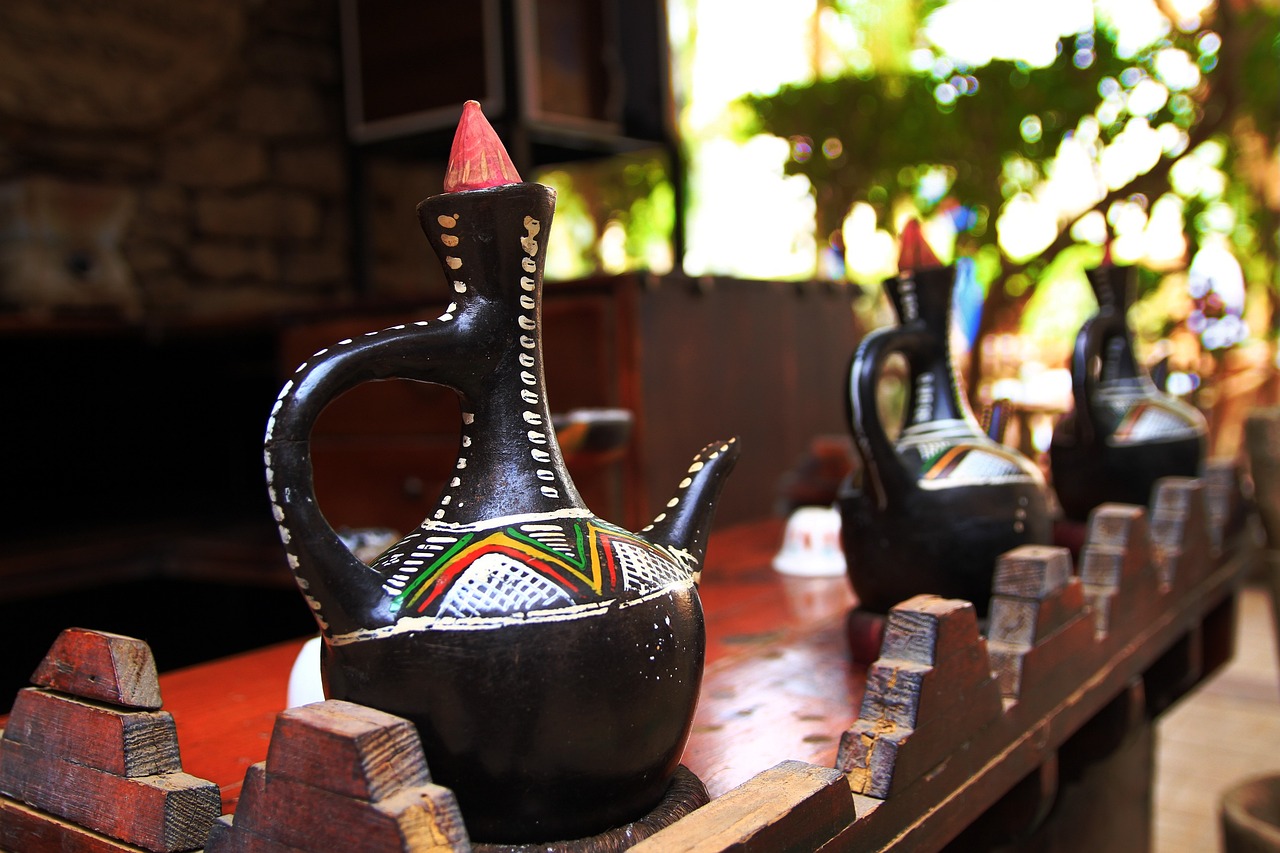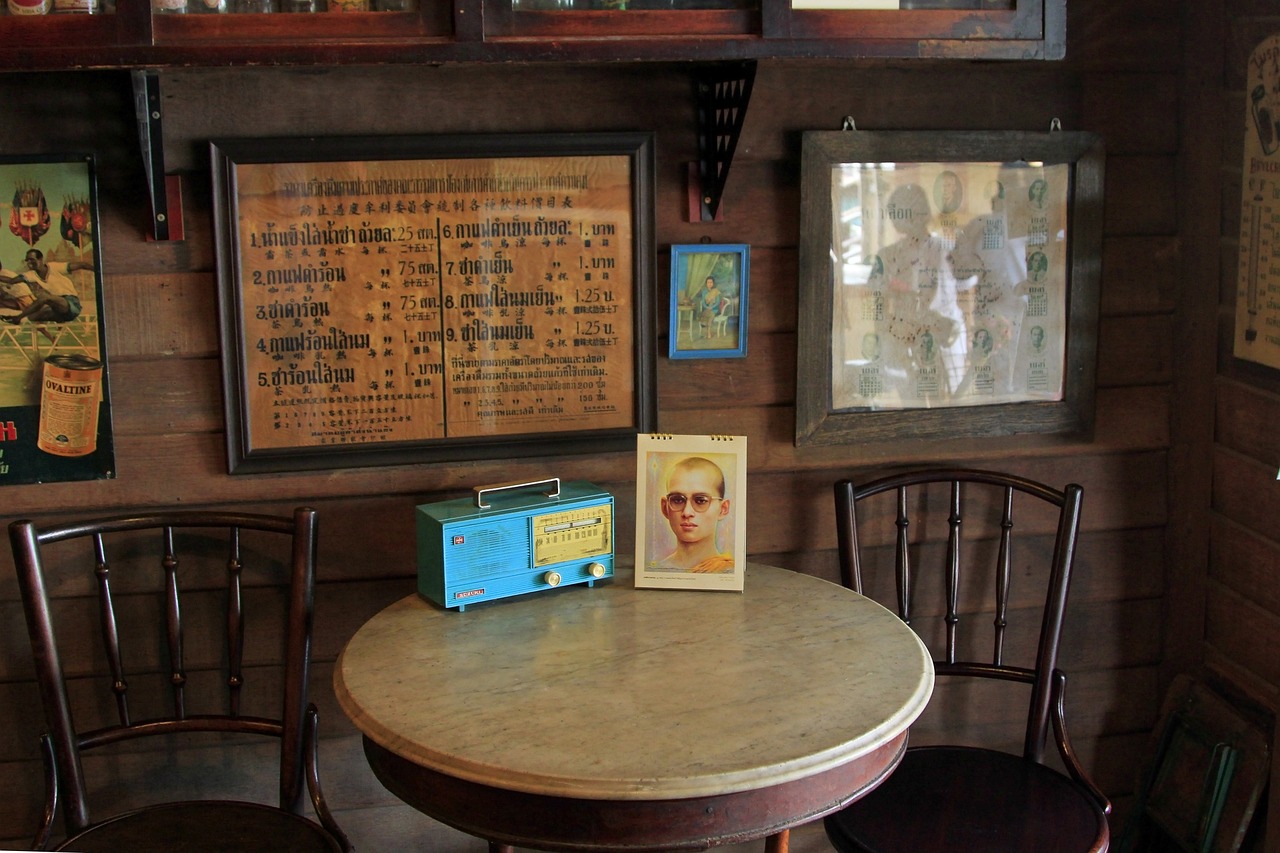MENU
- Home
- Impact of coffee on the Industrial Revolution
- The History of Coffee Cultivation
- The History of Coffee Preparation
- The History of the Coffee Trade
- The History of Coffee
- The History of Coffee in Colombia
The History of Coffee: From Kaldi's Legend to Modern Times

Coffee is a beloved beverage enjoyed by millions of people around the world. But where did coffee come from, and how did it become such an integral part of our lives? In this article, we'll explore the origins and evolution of coffee, from its discovery in Ethiopia to its current status as a global commodity.
The Discovery and Early Cultivation of Coffee
According to legend, coffee was discovered by a goat herder named Kaldi in the highlands of Ethiopia. Kaldi noticed that his goats became more energetic after eating the cherries of a particular tree, and he decided to try them himself. He experienced a similar boost of energy and reported his discovery to local monks, who began using the cherries to make a drink that kept them alert during long periods of prayer.
From Ethiopia, coffee cultivation spread to the Arabian Peninsula, where it became an important crop. By the 16th century, coffee was being traded and consumed throughout the Middle East, and coffeehouses began to emerge as social and cultural hubs.
The Spread of Coffee Across the World
In the 17th century, coffee was introduced to Europe and quickly became popular. Coffeehouses sprang up throughout the continent, and the drink was celebrated for its stimulating effects on the mind and body. Coffee also played a key role in the Age of Enlightenment, as intellectuals and artists gathered in coffeehouses to discuss politics, philosophy, and culture.
Coffee was introduced to the Americas in the 18th century, where it became a key crop in countries such as Brazil, Colombia, and Guatemala. The establishment of coffee plantations in the Americas led to a surge in demand for the drink in Europe, and coffeehouses became even more popular.
The Role of Coffee in Cultural and Social Contexts

Coffee has played a significant role in shaping the social and cultural fabric of many societies. In the Middle East, for example, coffee has long been associated with hospitality and is often served as a symbol of welcome to guests. In Europe, coffeehouses were seen as egalitarian spaces where people from all walks of life could gather and exchange ideas.
Coffee has also influenced art, literature, and music. The drink has been the subject of countless paintings, poems, and songs, and has inspired a wide range of cultural expressions. In modern times, coffee has become an essential part of urban lifestyles, with coffee shops and cafes serving as popular meeting places for people of all ages and backgrounds.
Traditional Coffee Brewing Methods
Before the advent of modern coffee makers and espresso machines, coffee was brewed using a variety of traditional methods. In Ethiopia, for example, coffee is brewed using a ceremony that involves roasting the beans, grinding them, and brewing them in a special pot called a jebena. In Turkey, coffee is brewed in a special pot called a cezve, and served with a thick layer of foam on top.
Other traditional brewing methods around the world include French press, vacuum pot, and pour-over. These methods have influenced modern coffee culture, and many coffee enthusiasts still prefer them to modern brewing methods.
The Modern Coffee Industry
The global coffee industry is a vast and complex network of producers, traders, roasters, and retailers. The evolution of coffee production and processing methods has led to the emergence of specialty coffee and third wave coffee culture, which place a premium on quality and sustainability.
Coffee production today is dominated by countries such as Brazil, Colombia, and Vietnam, which together account for more than 60% of global coffee production. The global coffee trade has had a significant impact on coffee growers and consumers, with issues such as fair trade and sustainability becoming increasingly important.
Conclusion
The history of coffee is a testament to its enduring popularity and significance. From its discovery in Ethiopia to its spread across the world, coffee has played an important role in shaping cultural and social contexts, as well as in the global economy. Today, coffee continues to evolve and adapt to changing consumer preferences and societal needs. Whether you prefer a traditional brewing method or a modern espresso, the love for coffee remains a universal experience.
Thank you for reading this article on the history of coffee. We hope you have gained a deeper appreciation for this beloved beverage and its rich history.
© 2023 Break for Coffee - all rights reserved